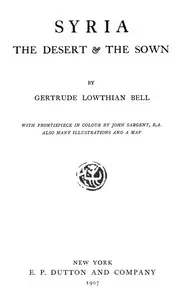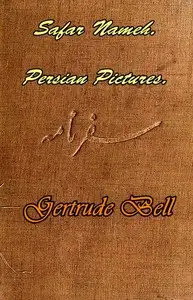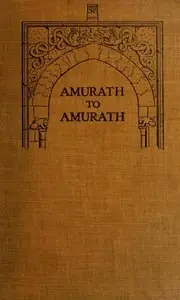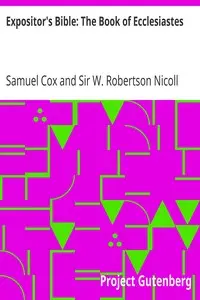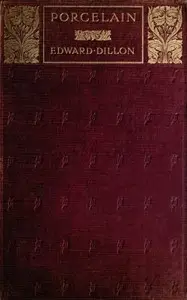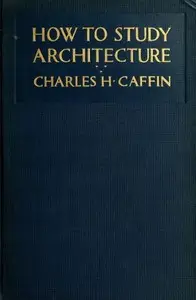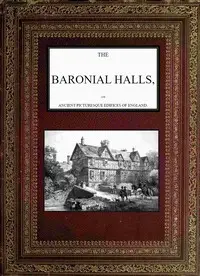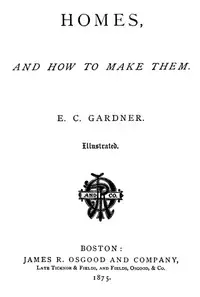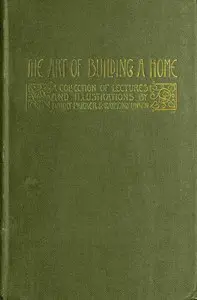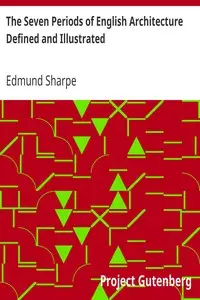"Palace and Mosque at Ukhaiḍir: A Study in Early Mohammadan Architecture" by Gertrude Lowthian Bell is a detailed scholarly examination of early Islamic architecture, likely written in the early 20th century. The text investigates the architectural significance of the fortified palace at Ukhaiḍir and its related structures, highlighting the influences and contributions from various earlier cultures and civilizations. This study not only focuses on the architecture itself but also delves into the historical context surrounding the development of these structures. The opening of the book provides a rich description of the site and surroundings of Ukhaiḍir, outlining its geographical features and the ruins found in the vicinity. Bell emphasizes the historical significance of Ukhaiḍir, noting that the palace was not well known until the early 20th century and had been largely neglected despite its grandeur. Through her exploration, she begins to quantify the architectural and cultural influences that shaped the mosque and palace designs during the early periods of Islamic civilization, suggesting that these structures served as a reflection of the evolving identity and artistic contributions of the Muslim builders against a backdrop of previous civilizations. (This is an automatically generated summary.)
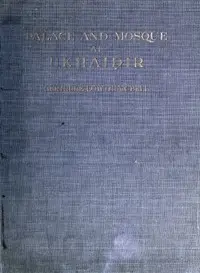
Palace and Mosque at Ukhaidir: A Study in Early Mohammadan Architecture
By Gertrude Lowthian Bell
"Palace and Mosque at Ukhaiḍir: A Study in Early Mohammadan Architecture" by Gertrude Lowthian Bell is a detailed scholarly examination of early Islam...
Gertrude Margaret Lowthian Bell was an English writer, traveller, political officer, administrator, and archaeologist. She spent much of her life exploring and mapping the Middle East, and became highly influential to British imperial policy-making as an Arabist due to her knowledge and contacts built up through extensive travels. During her lifetime, she was highly esteemed and trusted by British officials such as High Commissioner for Mesopotamia Percy Cox, giving her great influence. She participated in both the 1919 Paris Peace Conference (briefly) and the 1921 Cairo Conference, which helped decide the territorial boundaries and governments of the post-War Middle East as part of the partition of the Ottoman Empire. Bell believed that the momentum of Arab nationalism was unstoppable, and that the British government should ally with nationalists rather than stand against them. Along with T. E. Lawrence, she advocated for independent Arab states in the Middle East following the collapse of the Ottoman Empire, and supported the installation of Hashemite monarchies in what is today Jordan and Iraq.

